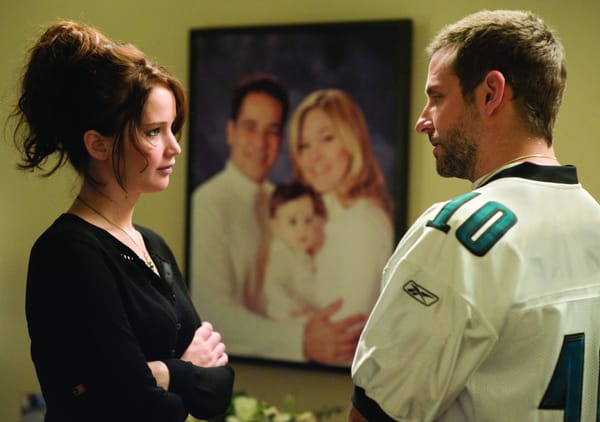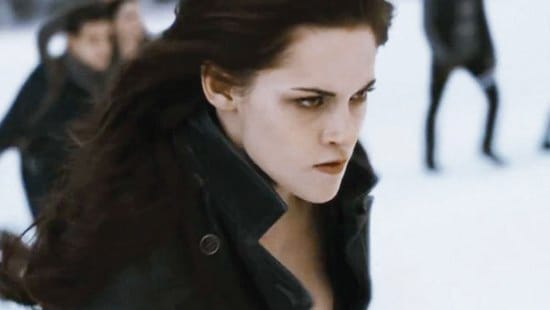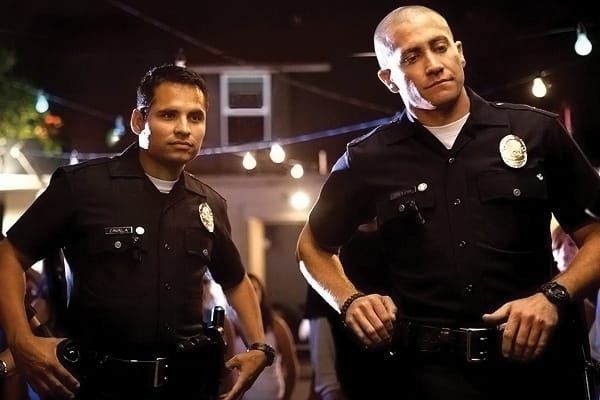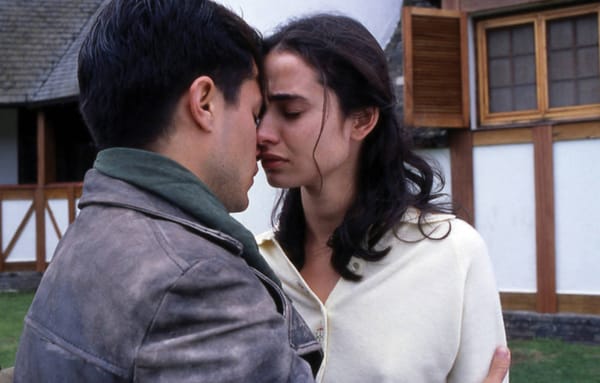Great Expectations...not so great results
Starring: Jeremy Irvine, Ralph Fiennes, Helena Bonham Carter, Holliday Grainger

The greater the book, the more difficult it is to adapt into film; which is why “from the best-loved story by Charles Dickens” doesn’t exactly cement a vote of confidence to the film due to the enormous challenges it faces. And it’s a story that’s seen the screen many times in the past, once most memorably as a timeless classic in 1946, but the less that is said about the awful 1998 version the better. Newell’s 2012 adaptation can sit quite comfortably between the two in terms of quality: a reliable piece with excellent performances but one that never springs out of its own mediocrity to make a lasting mark. Pip is a young orphan boy living with his angry, abusive older sister (the excellent Sally Hawkins). Whilst visiting his parents’ gravesites, he is ambushed by an escaped convict (Fiennes) who offers him a chance to live in exchange for some food, drink, and a file to grind away his shackles. Scared out of his wits, Pip has no problem accepting this scary man’s offer. The prisoner is subsequently arrested again by the authorities, and Pip thinks nothing more on the matter.
Another encounter sees the young Pip inside the run-down mansion of Miss Havisham (Carter), who wants a boy of a similar age to her daughter Estella to keep the young girl entertained. Miss Havisham insists in staying locked away at her estate, forever wearing her wedding dress in memory of her botched nuptial plans years ago. Even at an alarmingly young age, Pip falls head over heels for Estella who is being groomed by Miss Havisham to become quite the heartbreaker in the future, to be used as a twisted vessel of revenge against the male sex that the wronged Miss Havisham cunningly desires.
Knowing that Pip is only destined to be a blacksmith’s apprentice, he is torn away from Estella very early on. Years later he (Irvine) is informed that he has come into a large fortune thanks to a mysterious benefactor whose identity must remain anonymous and is to become a gentleman. Now that he’s got the money and class, he visits the one person he could not forget all those years. Yes, Estella (Grainger) has all grown up too, but it would appear her heartbreaking ways have not changed one bit.
Just why Pip is so hung up on a girl like this is anyone’s guess, and to say that it’s all down to her beauty isn’t a satisfactory enough answer given how much time is devoted to the two of them arguing about love with Pip repetitively proclaiming his undying feelings for her. There must be something more, but the film fails to look further into the development of their attraction. Irvine, still a fresh-face rising star after War Horse fares a lot better here, as he has plenty more material and richer substance to process.
Uptight, proper and a first-class bitch at times, Grainger is highly effective as the cold and distant Estella, although at times she is also successful in putting on the face of longing whenever Pip is in the picture. She and Irvine make a fascinating screen duo, and the prickly, acid-tongued actress provides a nice contrasting balance to the more sensitive Irvine. But the two outstanding performances come from the two expected individuals, the crème de la crème of
British acting royalty, Carter and Fiennes. Carter, in a role that suits her perfectly, fully embraces her dark, gothic and mysterious Miss Havisham who is clearly suffering from severe psychological damage. She is so good in fact in her frighteningly huge and dirtied white dress, that she gives all the previous Miss Havishams a run for their money. Her scenes are always fun to watch, as she delightfully chews the scenery, which is why her dramatic end feels even more tragic. Fiennes does make a welcome return in the film, and his gritty look works well although his connection to Pip is not well established enough to fully convince.
It has a lot to juggle around, and this is where the film often falls spectacularly apart. There are so many characters, events and back stories to squeeze into a tight frame that often these are glossed over and sometimes in clumsy, rushed flashbacks that don’t tell us enough. And then there’s the ending – Dickens wrote two versions but without spoiling which route the film decides to take, let’s just say it doesn’t end on the most satisfying note. As often is the case when books are transferred onto the screen, a lot is lost in translation, an aspect not even the excellent performances or costly production design can truly salvage.









